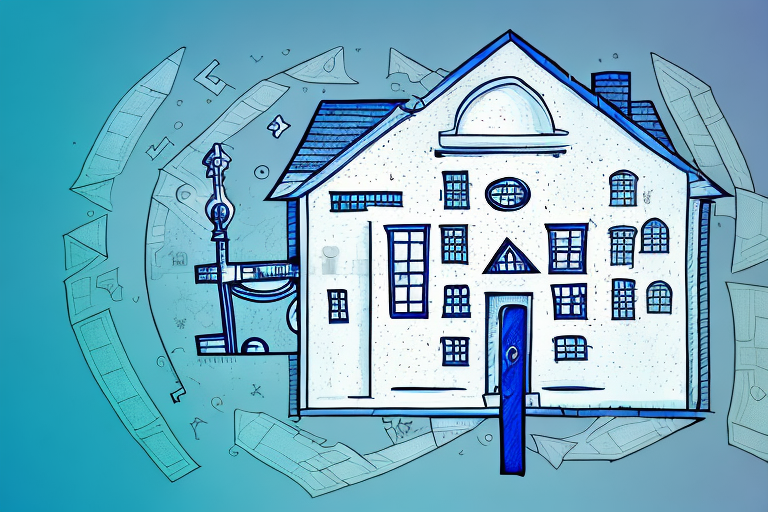It’s been said many times over the years that your home is not a very good investment.
Despite the fact that property prices grow at circa 7% per year, buying a home to live in might not actually be the best use of your money.
The reason for that all comes down to what you’re actually paying.
The first obstacle that virtually all people have to deal with is paying interest. While it might seem like a small amount, over time interest adds a huge amount to the overall cost of your home.
For example, if you take out a principal and interest loan for $1 million at 6% (which is conservative by today’s standards), over a period of 30 years, you are going to end up paying $1,154,246 in interest.
That means your $1 million home is actually costing you $2,154,246.
While that might be hard to swallow, that’s not all there is to it. You also have to pay that money back with after-tax dollars.
If you’re earning a decent income and find yourself in the top tax bracket, you are conceivably paying nearly 50% of your income in tax.
So to earn that $2,154,246 to pay for your home, you might actually need to earn closer to $4 million.
If you’re in a place like Sydney, trying to find a home for $1 million is also not something that is particularly easy. So you might very well find yourself paying $4 million for a relatively modest property.
If you do want to own property but want to put your money to work more effectively, you may well find that investing is a lot more effective as a strategy.
That’s because as investors we need to be very mindful of taxes. Over our lifetimes, taxes will be our largest expense. Most people will be paying somewhere between 30-50% of their income in tax.
Our job as investors is certainly to factor in tax and find ways to make our money work for us.
Rentvesting is a fantastic way to maximise your earned income. If you are able to put your income into things that you get a deduction on, that means you are able to save a significant amount of money.
When you own an investment property, you can claim things like interest, repairs and maintenance, management fees, strata fees etc. That’s before factoring in other non-cash deductions like depreciation.
If you are an owner-occupier, you are paying those things out of your own pocket after tax.
What’s even better is that in Australia if you hold onto your property for over 12 months, you also get a 50% discount on capital gains.
While there are very valid reasons many people choose to buy a home to live in, especially if you have a family and want that security, it might not be the most effective.
But if your goal is to maximise your investments and make the most of your earned income, investing in property, trumps being an owner occupier.
Engaging a trusted buyers advocate through Henderson’s buyers advocacy service is your best chance at navigating the competitive real estate market.








